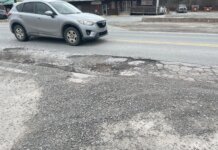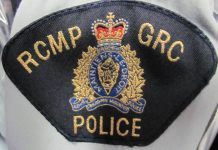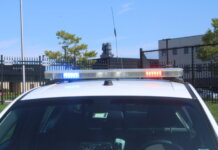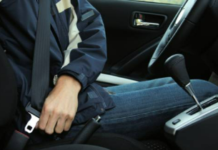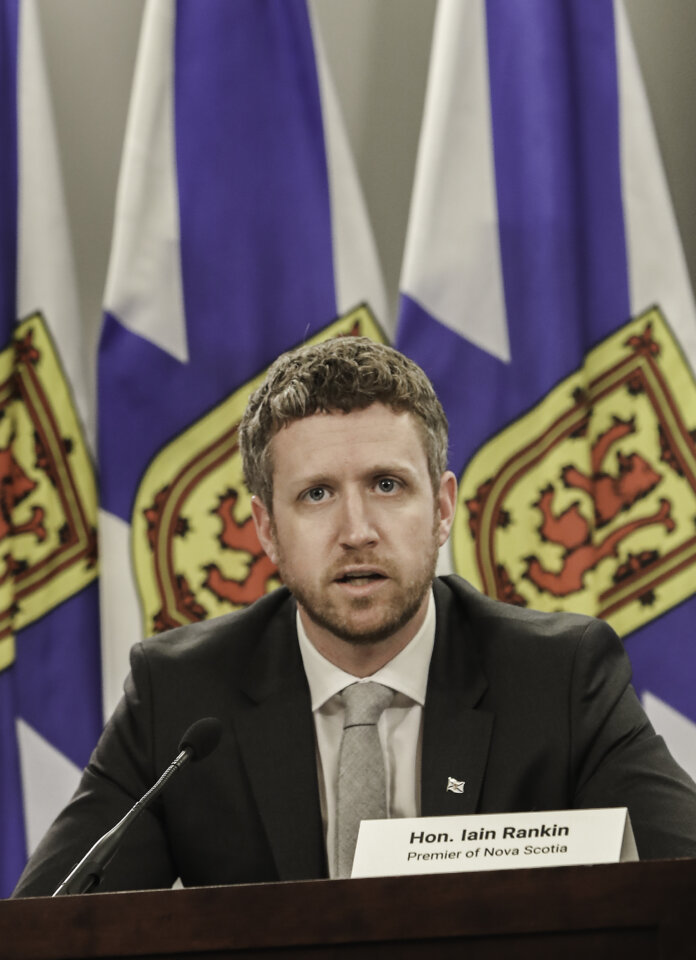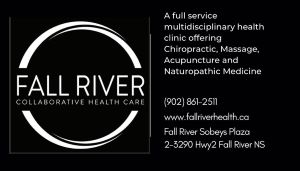HALIFAX: Sixty-seven new cases of COVID-19 are being reported in Nova Scotia today, April 30.
Fifty-seven cases are in Central Zone, four cases are in Western Zone, three cases are in Eastern Zone and three cases are in Northern Zone.
Due to the volume of testing in the province, the Nova Scotia Health Authority lab is experiencing a backlog in testing. About 45,000 tests are waiting to be processed. There is also a delay in public health’s case data entry into Panorama.
“Thousands and thousands of Nova Scotians have done what we have asked – get tested. Because of that, there currently is a large backlog in the lab of about three days,” said Dr. Robert Strang, Nova Scotia’s chief medical officer of health. “We need to expect high case numbers in the days ahead as the lab and public health get caught up.”
The province and the Nova Scotia Health Authority developed a plan to shift the COVID-19 testing strategy for a short period of time to address the testing backlog.
“This is a short-term issue, and we have a plan to clear up the backlog,” said Premier Iain Rankin. “Following the restrictions and public health measures are critical to protect you, your loved ones and the health system from being overwhelmed.”
In the interim, most Nova Scotians are encouraged to use pop-up testing sites instead of booking a COVID-19 lab test over the next few days. The following people can and should continue to book tests:
— anyone with symptoms
— anyone who has been notified that they are a close contact of a known case
— anyone who has been at an exposure location
— anyone who has travelled outside Nova Scotia, Prince Edward Island and Newfoundland and Labrador
Anyone else who already has an appointment booked should cancel it following instructions in their confirmation email.
Error, group does not exist! Check your syntax! (ID: 9)
Efforts are being made to increase rapid testing capacity around the province.
As of today, Nova Scotia has 589 active cases of COVID-19. Twenty-two people are in hospital, including five in ICU.
One of the cases today in Central Zone is a staff member at Clarmar Residential Care Facility, a residential care home in Dartmouth. This is the second case involving staff at the facility.
The total number of tests and number of tests completed at the Nova Scotia Health Authority’s labs on April 29 is not available.
As of April 29, 312,493 doses of COVID-19 vaccine have been administered. Of those, 36,381 Nova Scotians have received their second dose.
There were 31,040 tests administered between April 23 and 29 at the rapid-testing pop-up sites in Dartmouth, Halifax, Sackville and Sydney.
Since Oct. 1, there have been 1,338 positive COVID-19 cases and two deaths. Cases range in age from under 10 to over 90. There are 747 resolved cases. Cumulative cases may change as data is updated in Panorama.
Visit https://covid-self-assessment.novascotia.ca/ to do a self-assessment if in the past 48 hours you have had or you are currently experiencing:
— fever (i.e. chills/sweats) or cough (new or worsening)
Or:
Two or more of the following symptoms (new or worsening):
— sore throat
— runny nose/nasal congestion
— headache
— shortness of breath/difficulty breathing
Call 811 if you cannot access the online self-assessment or wish to speak with a nurse about your symptoms.
When a new case of COVID-19 is confirmed, the person is directed to self-isolate at home, away from the public, for 14 days. Public health works to identify and test people who may have come in close contact with that person.
Anyone who has travelled from anywhere except Prince Edward Island and Newfoundland and Labrador must self-isolate for 14 days. As always, anyone who develops symptoms of acute respiratory illness should limit their contact with others until they feel better.
It remains important for Nova Scotians to strictly adhere to the public health order and directives – practise good hand washing and other hygiene steps, maintain a physical distance when and where required. Wearing a non-medical mask is mandatory in most indoor public places.



